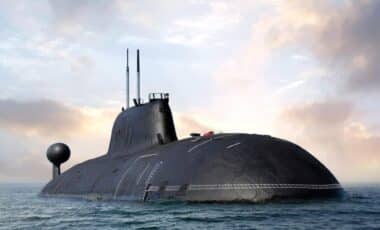THE GREAT RAID ON ST NAZAIREThe raid on St Nazaire has gone down in history as one of the most daring commando raids ofall time. Given the code name of Operation Chariot, it occurred in the early hours of SaturdayMarch 28, 1942, and was a joint undertaking of the Royal Navy and British commando units. Byall accounts, this small start in commando raids led the momentum that resulted in the historicpinnacle and culmination of assaults on Hitler’s Europe – – June 6, 1944, D-Day.Reviewed and Highly Recommended by Don DeNevi“ST NAZAIRE RAID – 1942” by Stephen Wynn. Pen & Sword, Military: 193 pages, hc; 2022.Distributed by Casemate Publishers, $34.95; E-mail: Uspen-and-sword@casematepublishers.com.The brave, heroic attack on the German Occupied port of St Nazaire, which sits on the LoireEstuary and the Atlantic Ocean, and its important drydock, may not have panicked the Fuhrerand his coterie of field marshals and generals, but it sure as hell gave them a moment ofreflection that maybe, just maybe, their armies, navies, and air forces were not as supreme,inviolable, and unconquerable as believed. After all Stalingrad was only five months away.Author Stephen Wynn presents us with a rich factual contribution to the raid on St Nazaire. InFebruary of 1942, it was critical the dry dock be destroyed since it was the only one close to theAtlantic large enough to take in the German battleship Tirpitz, then in Norway, but preparing to“break out into the Atlantic” as the formidable new German battleship Bismarck had the yearearlier. If the dock somehow could be destroyed, the Tirpitz would be required to remain inNorway, or return to Germany, rather than risk battle damage that could not be repaired.Stephen has written a fascinating full reassessment, almost novelistic in reconstructing thespectacular attack. It is penetrating, honest, satisfying, and, above all, beautifully narrated storyAll in all, due to his incredible meticulous research, this is the best historical treatment of the St
Nazaire raid this reviewer has seen.








